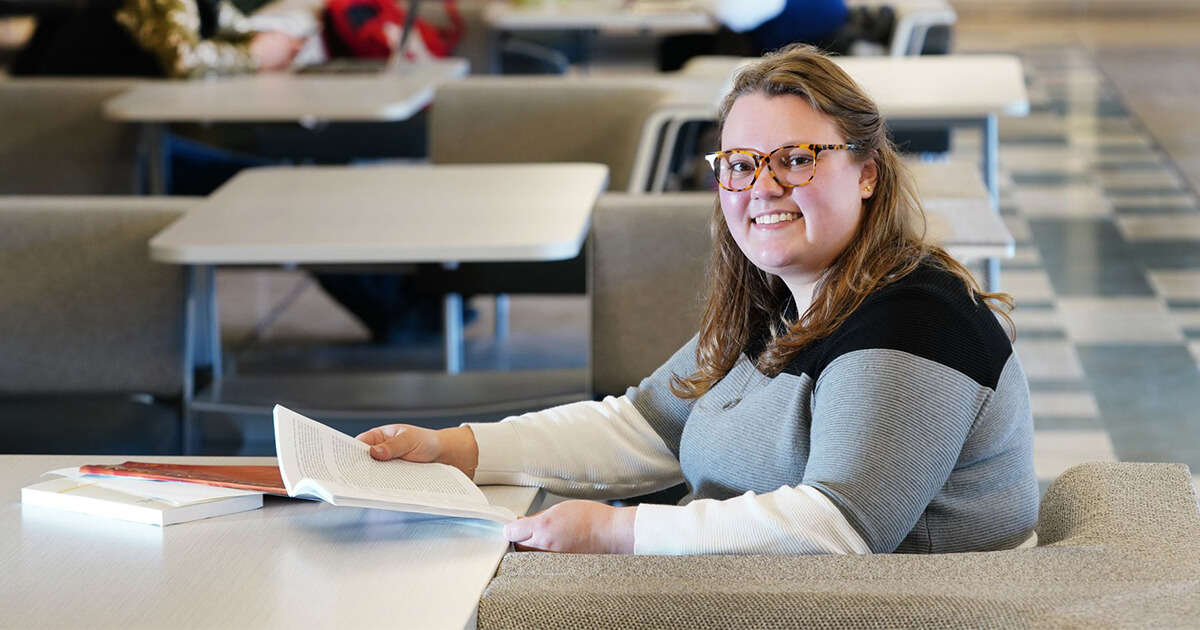Researcher uses opportunities to impact students
I
n high school, Bryanna Nelson assumed she had “too much enthusiasm for too many things” to narrow her academic focus. But after hearing about opportunities in agricultural education, she noticed “the field took all my personal interests and combined them into one.
“My parents wanted me to go to college because that was an opportunity they never had,” Nelson recalled. “They encouraged my learning, exploring and involvement in knowing as much as I possibly could.”

Nelson earned an undergraduate degree in agricultural education at the University of Wisconsin-River Falls. As a McNair Scholar, she was part of a federal initiative to increase the attainment of Ph.D. degrees by students from underrepresented segments of society.
Nelson applied to several graduate programs but made her decision following a campus tour in West Lafayette. “I knew Purdue would be my new home. I felt like I belonged here. People seemed to genuinely care about where I was going.”
In May 2020, Nelson earned a master’s degree in Agricultural Sciences Education and Communication (ASEC). She then began doctoral work with Hui-Hui Wang, assistant professor of ASEC.
“My advisor has supported me in any endeavor I wanted to do, from workshops and conferences to learning to develop and write a national competitive grant.”
Nelson is now a graduate research assistant. For her research, Nelson studies six Indiana high schools. She brings together interdisciplinary STEM teacher teams to work collaboratively on challenges in agricultural robotics, hydroponics and food science and safety. The schools vary in location and team composition.
The schools combine STEM disciplines and agriculture to simulate private industry. “Our goal is to have them learn these real-world challenges in a holistic and real-world way,” said Nelson. “It’s been exciting to see how hard they’ve worked.”
With two more years of doctoral study ahead, Nelson’s plans remain fluid. Afterward, she hopes to conduct social science research in academia or with a governmental agency. “I’m interested in how people interact with the environment around them.”
No matter where she lands, Nelson wants to make sure students can take advantage of new opportunities like she did. “I love introducing ideas to students who have never heard of them before. One impact moment could change their perspective on the opportunities available to them.”





